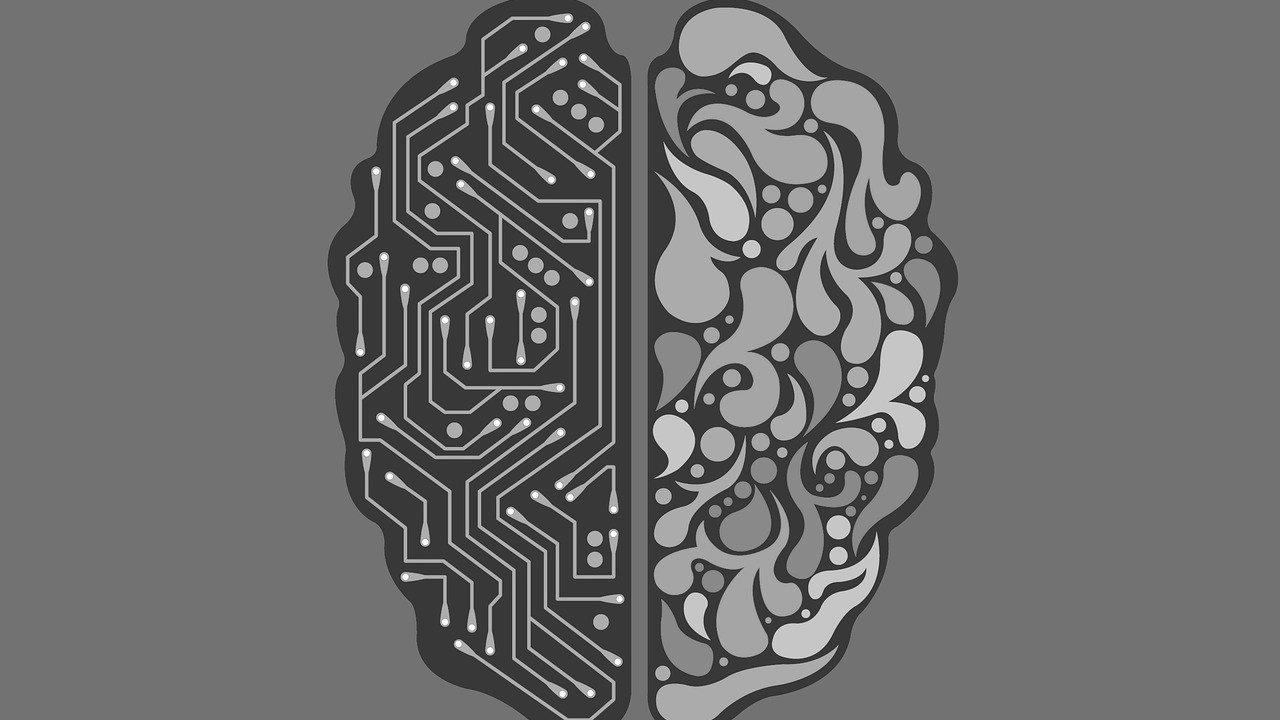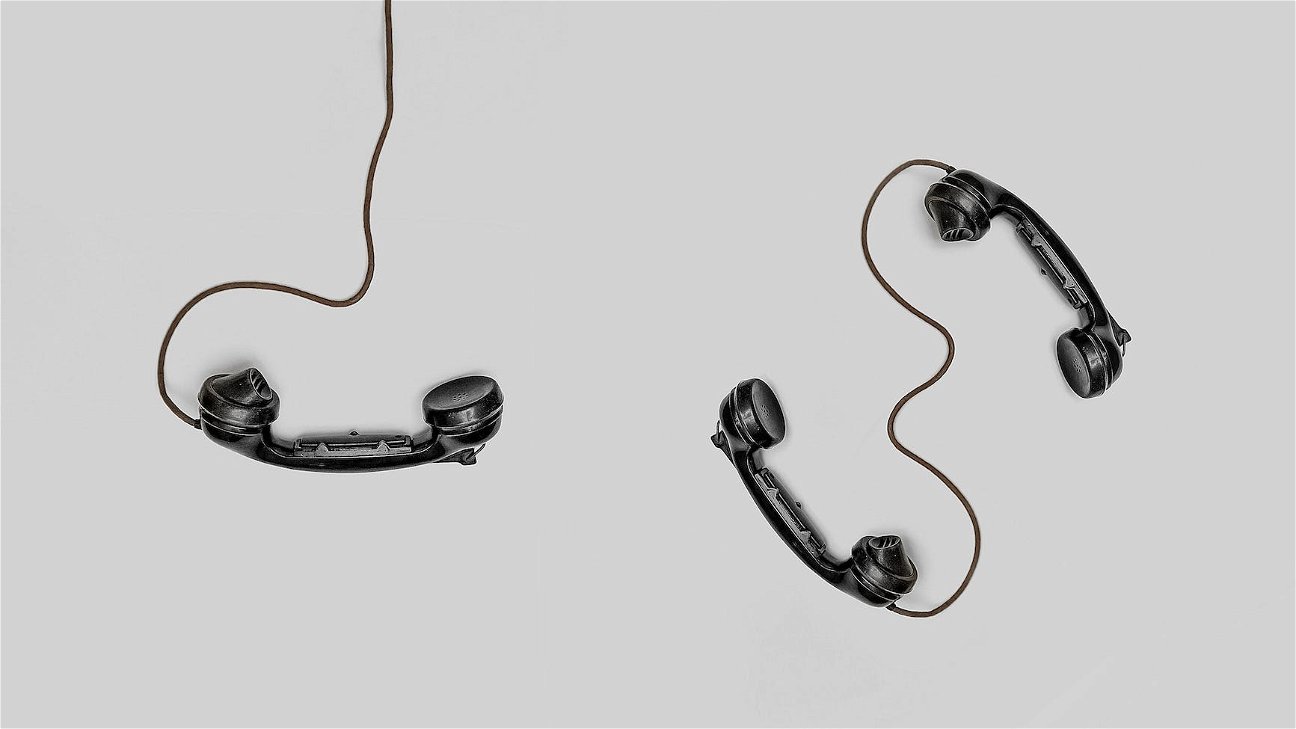
If you've ever found yourself in an on-again, off-again relationship, you know it's an emotional roller coaster. One moment, you're head over heels in love and the next; you're questioning why you're even together. What's the psychology behind this dance? And what effect does it have on your mental health?
The Cycle of Breaking Up and Getting Back Together
The core reason behind this cycle is often a mix of love, attachment, fear of loneliness, and sometimes, even manipulation. This pattern can keep couples stuck in a loop of breaking up and getting back together, causing emotional stress and instability.
Psychological Impact of On-Off Relationships
Emotional Instability: Frequent breakups and makeups can lead to emotional instability. You might feel anxious, depressed, or confused due to the uncertainty of the relationship.
Mental Health Issues: On-again, off-again relationships can lead to mental health issues like depression and anxiety. The cycle of uncertainty can take a toll on your mental wellbeing.
Low Self-Esteem: The constant breakups and makeups can impact your self-esteem. You might start doubting your self-worth and abilities.
Are On-Off Relationships Healthy?
While every relationship is unique, constant instability can be a sign of unhealthy dynamics. Codependency, manipulation, and fear of loneliness can fuel the on-off cycle, which is not conducive to a healthy relationship.
Strategies to Deal with On-Off Relationships
-
Seek Professional Help: If you find yourself stuck in this cycle, consider seeking help from a professional therapist. They can provide you with strategies to manage your emotions and make healthier decisions.
-
Establish Clear Boundaries: Make sure you have clear boundaries in your relationship. This can help prevent the cycle of breaking up and getting back together.
-
Communicate Effectively: Communication is key in any relationship. Be open about your feelings and concerns, and make sure your partner does the same.
-
Work on Personal Growth: Focus on improving yourself. This can help boost your self-esteem and provide you with the strength to make healthier relationship decisions.
Remember, it's okay to seek help and take time for yourself. It's essential to prioritize your mental health and wellbeing, whether you're in a relationship or not.











